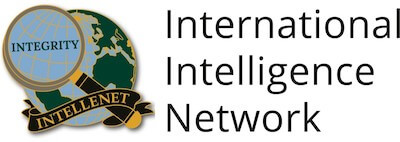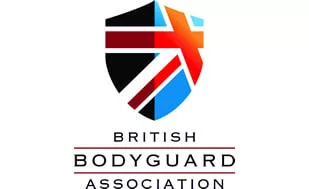Situational Awareness in Personal Security: At Home, in Public, and While Traveling
In an ever-changing world, personal security is a paramount concern. Whether at home, in public, or while traveling, maintaining situational awareness is the key to ensuring your safety and preventing potential threats. Samaritan Perspectives delves into the importance of situational awareness in various settings and offers techniques to enhance your personal security. We will also explore continuity planning, having an escape plan, and understanding assailant behavior to help you prevent personal crime effectively.

1. Situational Awareness: A Foundation for Personal Security
Situational awareness is the cornerstone of personal security. It involves being cognizant of your surroundings, understanding the potential risks, and being prepared to respond to threats effectively. Here’s how you can practice situational awareness in different scenarios:
At Home:
- Secure your home: Use locks, alarms, and surveillance systems to deter potential intruders.
- Be vigilant of suspicious activity in your neighborhood.
- Ensure that all entry points are well-lit and visible from inside.
- Have a safe room or designated area to retreat to in case of an intrusion.
In Public:
- Avoid distractions: Put away your phone and remove headphones when walking in public.
- Keep valuables out of sight and consider using anti-theft bags or pouches.
- Trust your instincts: If something doesn’t feel right, it probably isn’t.
- Stay in well-lit areas and avoid poorly lit, isolated locations.
While Traveling:
- Research your destination: Learn about the local customs, laws, and potential risks.
- Keep essential documents and a copy of them in a secure location.
- Be discreet with expensive possessions, like cameras or jewelry.
- Inform a trusted person of your travel plans and itinerary.
- Know how to contact authorities in an emergency, including embassy or consular services.

2. Continuity Planning: Preparing for the Unexpected
While situational awareness can help you identify potential threats, continuity planning involves preparing for the unexpected. Consider the following continuity planning tips:
- Have an emergency kit at home, including food, water, and first-aid supplies.
- Establish a communication plan with family or friends in case of separation during a crisis.
- Familiarize yourself with local emergency services and evacuation routes.
- Stay informed about potential natural disasters or civil disturbances when traveling.
3. Having a Way Out: Be Ready to Escape Threats
In dangerous situations, having an escape plan can be a lifesaver. Here’s how to develop one:
- Identify exit routes in public places, hotels, or unfamiliar buildings.
- Teach your family members or travel companions the escape plan.
- Keep a flashlight in case of power outages during an emergency.
- Practice your escape plan periodically to ensure it is well-executed.
4. Understanding What Assailants Look For
Criminals often target individuals who appear vulnerable or unaware. By understanding what assailants look for, you can reduce your risk of becoming a victim:
- Maintain confident body language and walk with purpose.
- Keep your head up and make eye contact with people around you.
- Avoid displaying fear or hesitation, as this can attract criminals.
- Trust your instincts and be cautious if someone approaches you unexpectedly.
5. Preventing Personal Crime
Preventing personal crime goes beyond situational awareness. It involves a combination of strategies to keep you safe:
- Personal self-defense training can boost your confidence and physical security.
- Carry personal safety devices like pepper spray or personal alarms, only if properly trained and legal in your area of residence or travel.
- Use only ride-sharing apps or licensed taxis when traveling late at night.
- Avoid excessive alcohol consumption, which can impair judgment and situational awareness.

Situational awareness is the linchpin of personal security whether you’re at home, in public, or traveling. Combining this awareness with continuity planning, having an escape plan, and understanding assailant behavior significantly reduces your vulnerability to personal crime. By implementing these strategies and maintaining a proactive mindset, you can take control of your safety and enjoy a greater sense of security in an unpredictable world.
Contact Samaritan Protective Services today for a free consultation.
Samaritan specializes in Executive Protection, Corporate Security, Workplace Violence Protection, Bodyguard, Armed Security, Close Protection, Security Consulting, House of Worship, Dignitary Protection, Celebrity Protection, Event Security, Private Investigations, TSCM, Armored Car, Surveillance, Counter-surveillance, Secure Transportation, VIP Protection Services, Intelligence and Risk Advisory, Emergency Response, Security Training and more.
Copyright Samaritan Protective Services, Woodbridge, Virginia





